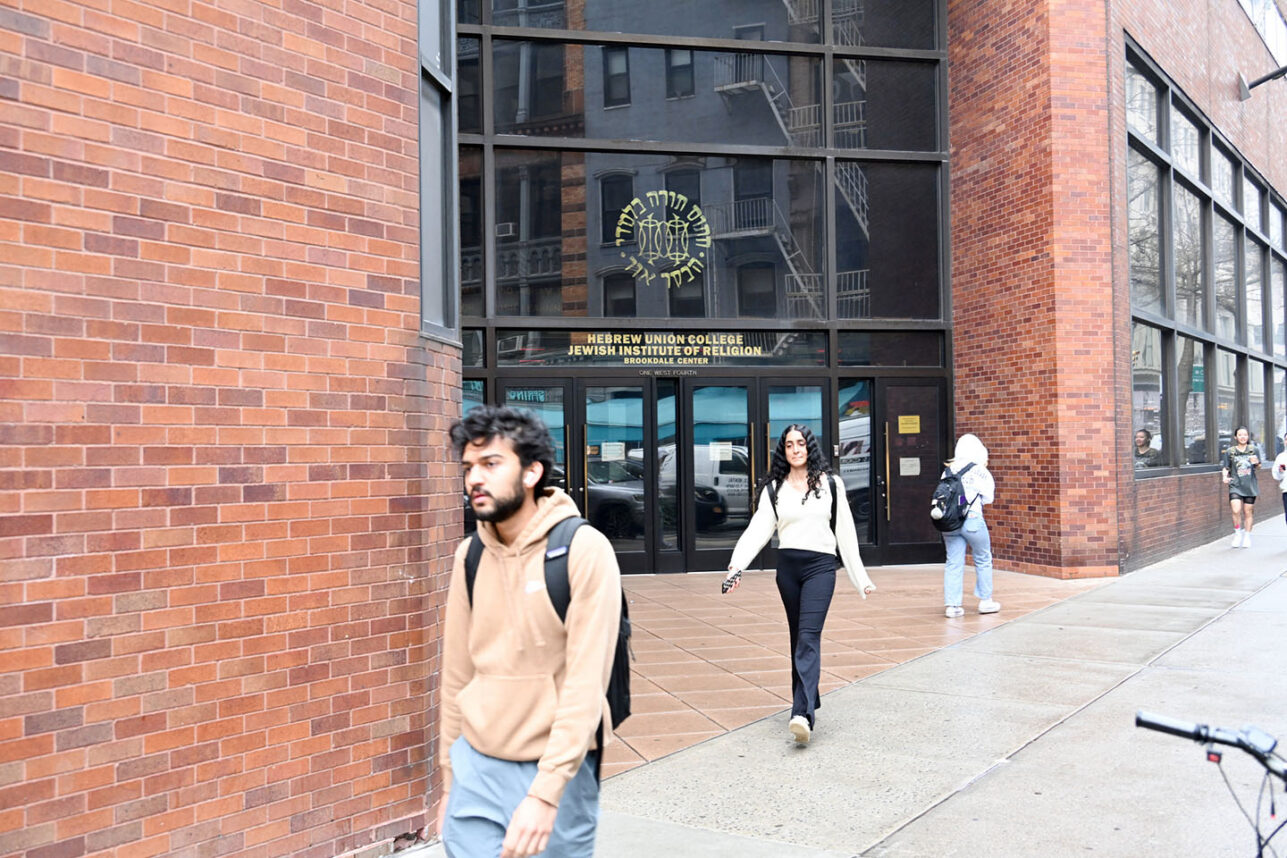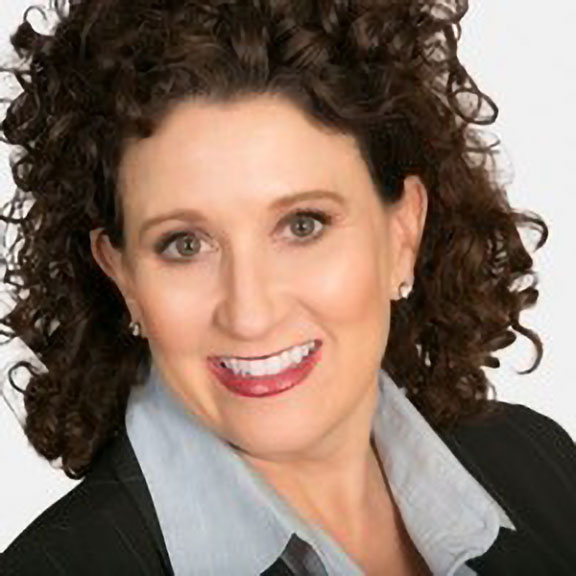"Chanukah Traditions," "Rainbow Happy Birthday," "Shooting Stars" and "Per-fect Presents." These are the four rolls of Sally Foster gift wrap, along with assorted colored tissue, that I am buying to support Heschel Day School. The school will receive 50 percent of my $39.50, and Danny, my sixth-grader, will be awarded a "puzzle pen," which, if it even works, will be immediately lost or broken.
The wrapping paper, while overpriced, is not a huge expense.
But at the same time, Jeremy is hitting me up for $7 to buy See’s chocolate candy bars to help finance his eighth-grade school trip to Washington, D.C. That’s in addition to the cost of the trip.
And for Gabe, 15, I’m buying two program book ads for the "Musical Comedy Murders of 1940," a Milken Community High School production in which he’s appearing. These cost $48, on top of $32 for tickets.
But perhaps most important, two letters announcing the annual giving campaigns at both Heschel and Milken sit on my kitchen counter.
Check out my checkbook register. Every time I turn around, I’m giving money to one school or the other. On top of three hefty tuitions.
But the reality is that tuitions don’t cover a school’s projected budget, which these days reflects increased costs for teacher salaries and benefits, technology, insurance and security. Additionally, Jewish day schools, with their extensive Hebrew language and Judaic studies classes, incur even more expenses. This I accept.
"We will spend an average of $1,200 over tuition on each of our students this year," explained Dr. Rennie Wrubel, Milken’s head of school.
And so we parents face magazine, gift wrap and candy drives; challah, muffin and hot-lunch sales; dinner-dance tickets and ad solicitations; golf tournaments and walkathons; scrip, book fairs and T-shirt sales. Schools exhort us to save our cereal box tops and to redeem our shopping receipts at malls for points (double during October!) that translate into cash.
Candice Koral, who heads a nonprofit strategic development company, said, "Institutions that constantly ask for small amounts of money are literally missing huge dollars flying overhead while bending down to pick up nickels and dimes."
She explained that every time a school asks parents for money, that’s one less time those parents contribute. Thus, Koral favors a strong, focused, well-timed and short-lived annual giving campaign as the most efficient and effective means of raising substantial sums of money.
Two well-known secular private schools in Los Angeles have essentially eliminated all extraneous fundraising except for a large annual-giving campaign and one other major event. Milken is also moving in that direction.
School fundraising goes back to the days of the stay-at-home PTA mom who organized bake sales to support her kids’ school.
Sally Foster was one such mom, except that she sold gift wrap. In 1972, Foster started with only two designs that she and other parents cut and rolled by hand. Today, her business is a division of Entertainment Publications (the same people who bring us those ubiquitous Entertainment coupon books). Now a savvy businesswoman, Foster recruits more than 3 million of our children to sell her 38 gift wrap designs, as well as an assortment of gifts and edibles, raising nearly $50 million annually.
So let’s talk about values. Do we really want to turn our children into supersalespeople who canvass our neighbors, relatives and co-workers? Do we want them riled up at raucous magazine drive kick-off assemblies, pumped up to sell enough subscriptions to win everything from Weepuls (you can buy one online for less than $1) to an ice cream party for their entire class?
Or do we want to teach them, as Judaism teaches us, the importance of community? Here we are talking about the school community, be it secular or religious, and our individual obligation to contribute our fair share.
Fundraising goes back to the Torah, to Exodus 25:2, where God commands Moses to build the Tabernacle and to collect materials from the Israelites. "Tell the Israelite people to bring Me gifts; you shall accept gifts for Me from every person whose heart so moves him." Similarly, we are responsible for supporting our educational institutions.
Thus, fundraising for schools should be done with dignity and with respect toward everyone, wealthy or less wealthy. It should underscore and advance the school’s philosophy and values. I have no problem supporting a book drive, a particular program or a department. I will contribute to a capital campaign for new or improved facilities.
Schools are no longer mom and pop operations. They are sophisticated enterprises with multimillion-dollar budgets, equal to those of small colleges. School fundraising must rise to the same level.
So I’ll gladly write those checks for annual giving. But please stop recruiting my children as salespeople and please stop asking me to "go shopping" to finance their education.
































